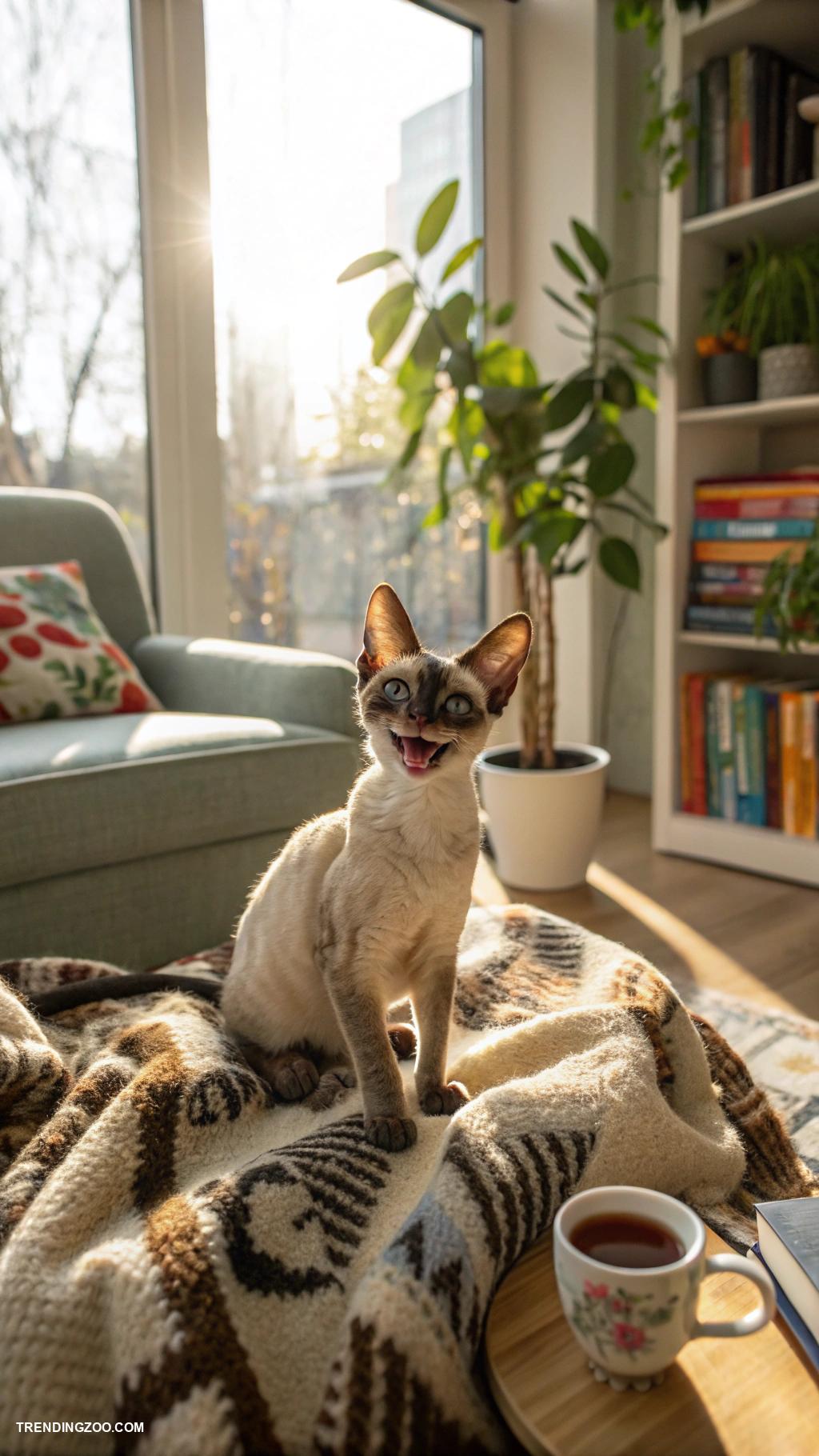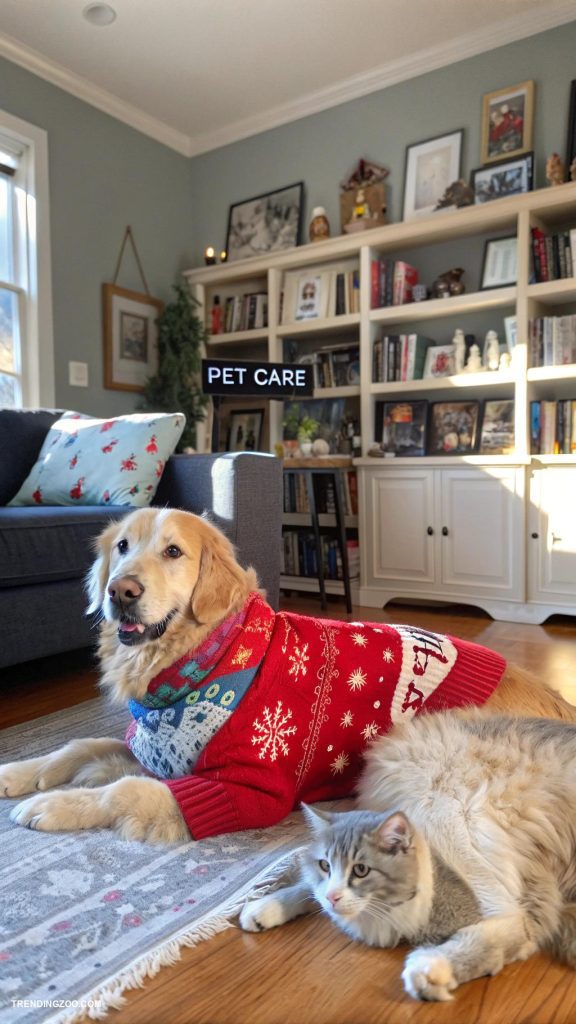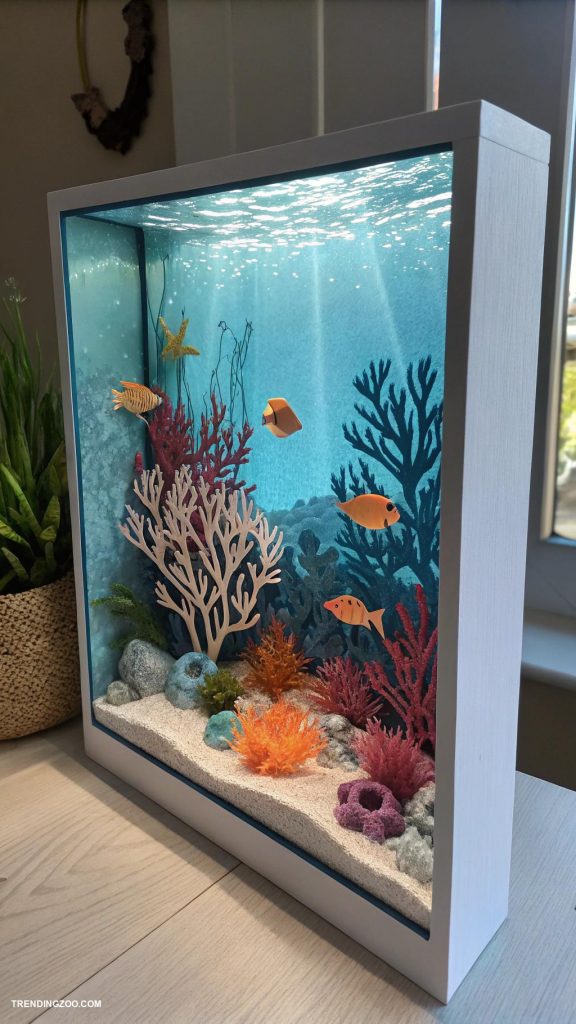The Devon Rex, a breed of cat that’s as mesmerizing as it is mysterious, has been charming feline enthusiasts for decades with its unique, curly coat and playful, curious nature. Native to Devon, England, this breed is known for its striking appearance, with its soft, silky fur that’s often described as resembling a fine, hand-knitted sweater.
But the Devon Rex is more than just a pretty face – its quirky personality, high energy levels, and affectionate nature make it a beloved companion for many cat lovers around the world. In this article, we’ll delve into the world of the Devon Rex, exploring its history, characteristics, and what makes this breed such a delightful addition to any family.
Origin and History of the Devon Rex
The Devon Rex is a unique and fascinating cat breed that originated in Devon, England in the 1960s. The breed’s history is closely tied to the genetic mutation that caused the curl and wavy texture of their fur, which was first discovered in a stray cat named Kirlee in 1959. Kirlee’s unusual appearance and playful personality caught the attention of breeders, who began to work with him to develop the breed.
Through careful breeding and selection, the Devon Rex’s distinctive features were refined, and the breed was officially recognized by the Governing Council of the Cat Fancy (GCCF) in 1967. The Devon Rex’s popularity quickly grew, and today they are beloved by cat enthusiasts around the world for their playful, curious, and affectionate nature. Despite their small size, Devon Rex cats are known for their big personalities and require plenty of attention and stimulation to keep them happy and healthy.
Physical Characteristics of the Devon Rex
The Devon Rex is a unique and striking breed of cat known for its distinctive physical characteristics. One of the most notable features of the Devon Rex is its curly, soft, and dense coat. The curls can range in size from tight spirals to long, flowing waves, and can be found on the face, ears, legs, and tail. The coat is often described as feeling like silk or suede to the touch, and requires regular grooming to prevent matting and tangling.
The Devon Rex also has large, wide-set eyes that are almond-shaped and slanted upwards, giving them a perpetually curious and alert appearance. Their ears are large and wide at the base, with a distinctive “M” shape to the inner rim. The breed’s body is slender and athletic, with a wedge-shaped head, a short, rounded muzzle, and a long, tapering tail.
Adult Devon Rex cats typically weigh between 6-8 pounds, and stand between 8-10 inches tall at the shoulder. Overall, the Devon Rex’s unique physical characteristics make it a standout among other cat breeds, and its playful, affectionate personality only adds to its charm.
Temperament and Behavior
The Devon Rex, a breed known for their unique, curly coat and endearing personalities. When it comes to temperament and behavior, Devon Rex cats are often described as playful, curious, and mischievous. They have a natural inclination to explore and investigate their surroundings, often getting themselves into trouble by knocking over objects or chasing after small toys. However, this playful nature is just one aspect of their personality.
Devon Rex cats are also known for their affectionate and social nature, often seeking out human interaction and attention. They have a strong bond with their owners and are known to follow them around the house, eager to be involved in whatever activity is taking place. Despite their energetic and curious nature, Devon Rex cats are also known to be relatively low-maintenance, content to spend hours lounging in the sun or snoozing in their favorite spot.
With proper socialization and training, they can thrive in a variety of living situations, from apartments to homes with small children. Overall, the Devon Rex’s unique blend of playfulness, affection, and adaptability makes them a beloved breed among cat enthusiasts.
Care and Maintenance Requirements
As a proud owner of a Devon Rex cat, it is essential to understand the care and maintenance requirements to ensure your feline friend stays happy and healthy. One of the most crucial aspects of Devon Rex care is grooming, as their unique, curly coat requires regular attention to prevent matting and tangling. A soft-bristled brush or a slicker brush is ideal for gently working through their coat, paying particular attention to the ears, face, and legs.
Daily brushing is recommended, with additional sessions as needed. Additionally, Devon Rex cats are prone to oil buildup on their skin, which can lead to skin irritation and greasiness. Regular bathing with a gentle, pH-balanced shampoo can help maintain their coat’s natural oils and prevent these issues. It’s also important to trim their nails regularly to prevent overgrowth, which can cause discomfort and health problems.
Finally, Devon Rex cats are known for their playful and curious nature, so providing plenty of toys, scratching posts, and climbing structures will keep them entertained and exercised. By following these simple care and maintenance guidelines, you’ll be well on your way to creating a happy and healthy environment for your beloved Devon Rex cat.
Health Considerations for Devon Rex Cats
As a unique and playful breed, Devon Rex cats require special attention to their health to ensure they lead long and happy lives. One of the most significant health considerations is their sensitivity to temperature extremes. Due to their curly, soft coat, Devon Rex cats are prone to hypothermia and heatstroke, making it crucial to provide a warm and comfortable environment. This can be achieved by keeping their living space at a consistent temperature between 68°F to 72°F (20°C to 22°C), and providing a warm and cozy bedding.
Another important health consideration is their susceptibility to patellar luxation, a condition where the kneecap slips out of place. This can be caused by genetics, obesity, or trauma, and may lead to pain, discomfort, and limited mobility. Regular exercise and a healthy weight can help prevent this condition, and it’s essential to consult with a veterinarian if you notice any signs of patellar luxation in your Devon Rex cat.
Devon Rex cats are also prone to dental issues, such as tooth decay and gum disease, due to their unique tooth structure and tendency to develop tartar buildup. Regular brushing and dental check-ups are crucial to maintaining their oral health, and providing a balanced diet that includes dental-friendly ingredients can help prevent these issues
Grooming Tips for Maintaining Their Unique Coat
Devon Rex cats are renowned for their soft, curly, and extremely fine coats, which require gentle and regular grooming to maintain their unique texture and appearance. A key aspect of Devon Rex grooming is to avoid matting and tangling, which can occur due to their low-shedding and high-moisture coat.
To prevent this, it’s essential to brush your Devon Rex daily, using a wide-tooth comb or a slicker brush specifically designed for curly-coated cats. Start at the head, working your way down to the tail, taking care to be gentle around the ears and eyes.
Use a detangling spray or conditioner to help work out any knots, and consider dividing the cat’s coat into sections to make the process more manageable. It’s also important to trim your Devon Rex’s coat every 6-8 weeks to prevent overgrowth, which can lead to skin irritation and discomfort.
By following these grooming tips, you’ll be able to maintain your Devon Rex’s stunning coat and keep them looking and feeling their best!
Adopting a Devon Rex: What to Consider
If you’re considering adopting a Devon Rex, there are several factors to carefully consider before bringing this unique and charming cat breed into your home.
First and foremost, it’s essential to understand that Devon Rex cats are known for their high energy levels and require plenty of stimulation and exercise to prevent boredom and destructive behavior. This means you’ll need to provide a safe and secure environment where your new pet can climb, jump, and play to their heart’s content.
Devon Rex cats are prone to mischievous behavior, so be prepared for the possibility of finding your cat’s favorite toys or treasures scattered around the house. Despite their playful nature, Devon Rex cats are also known for their affectionate and social personalities, and they thrive on human interaction.
As such, it’s crucial to spend quality time with your cat, engaging in play, cuddling, and providing attention and affection. With proper care, attention, and training, a Devon Rex cat can make a wonderful and loving companion for many years to come.







